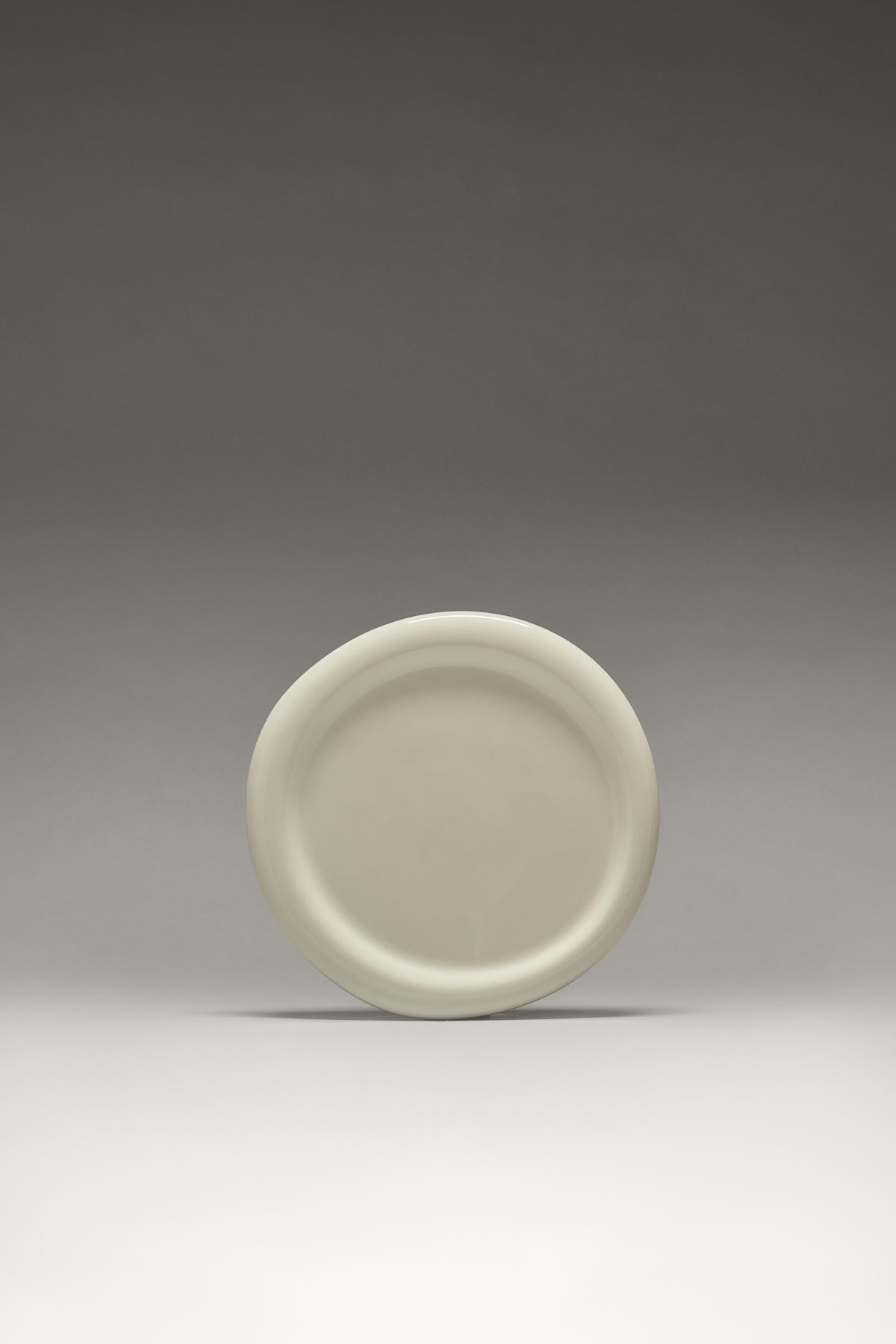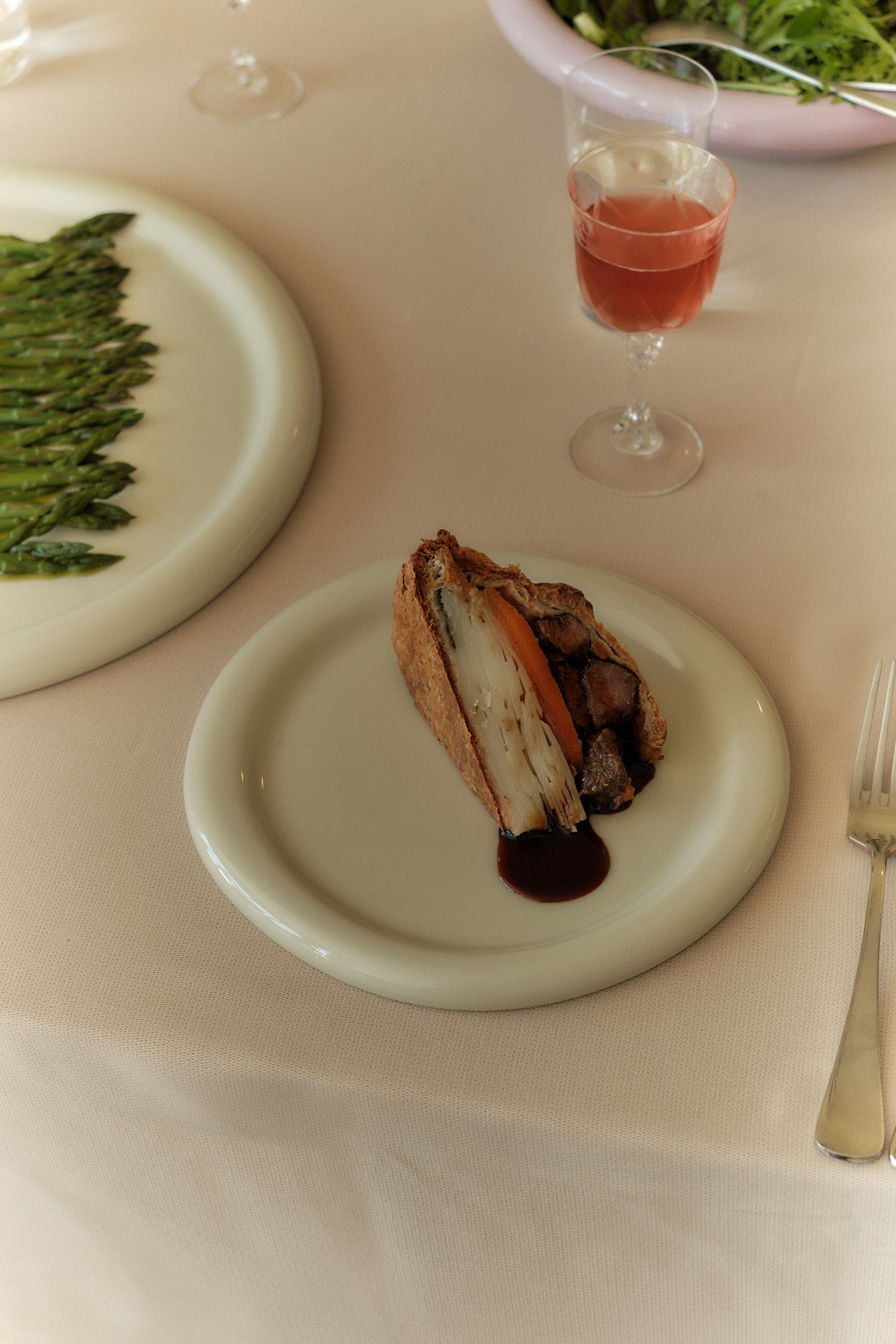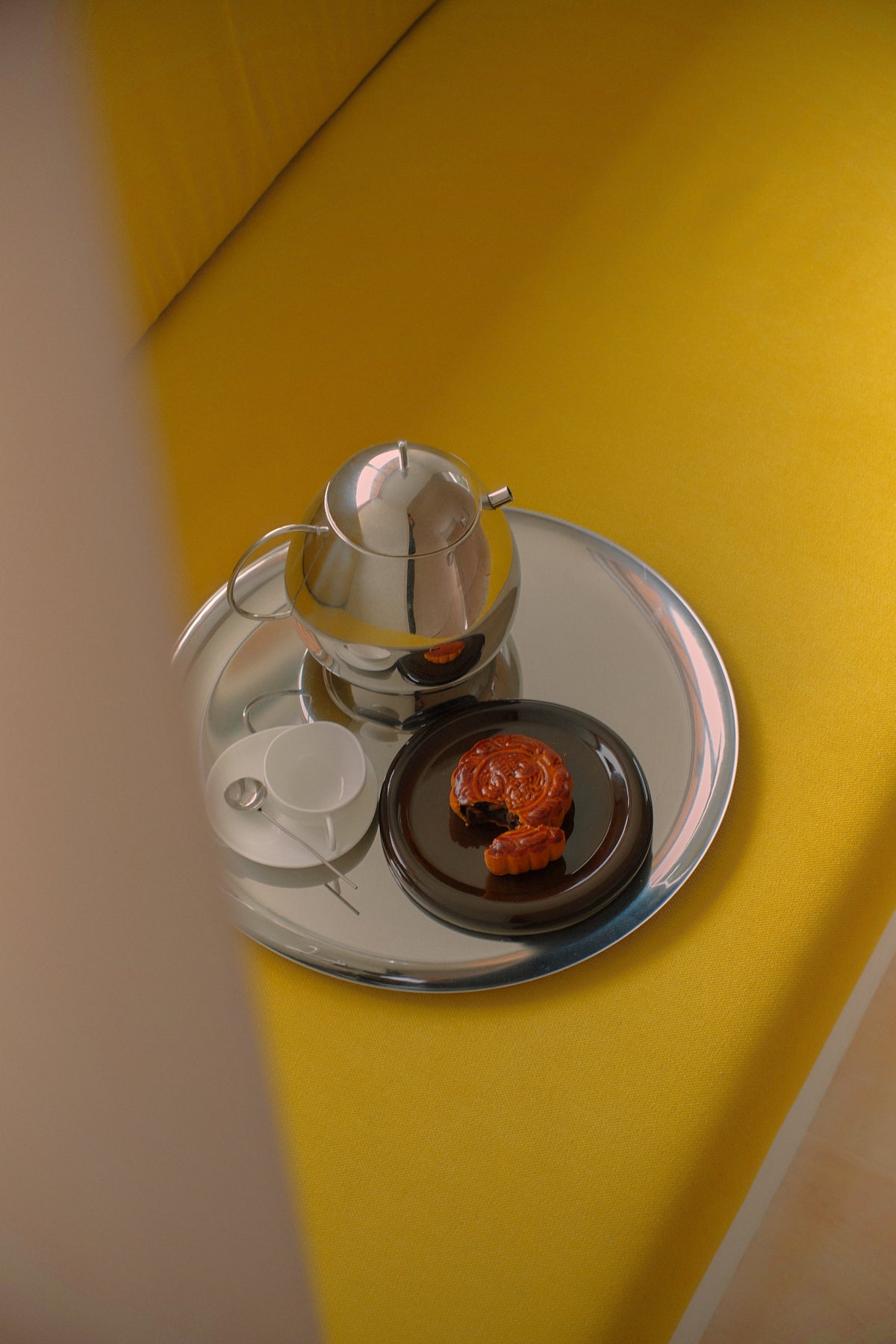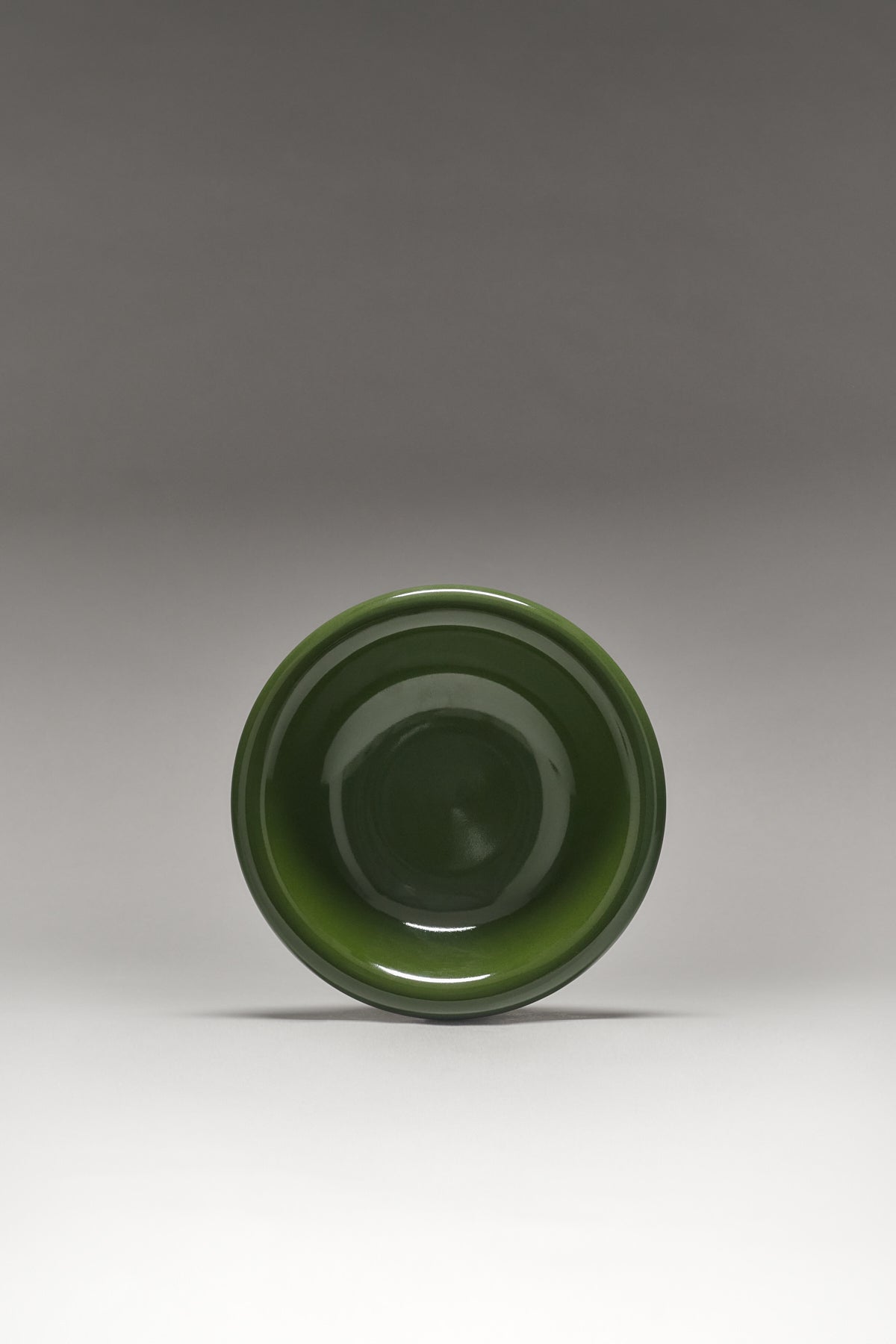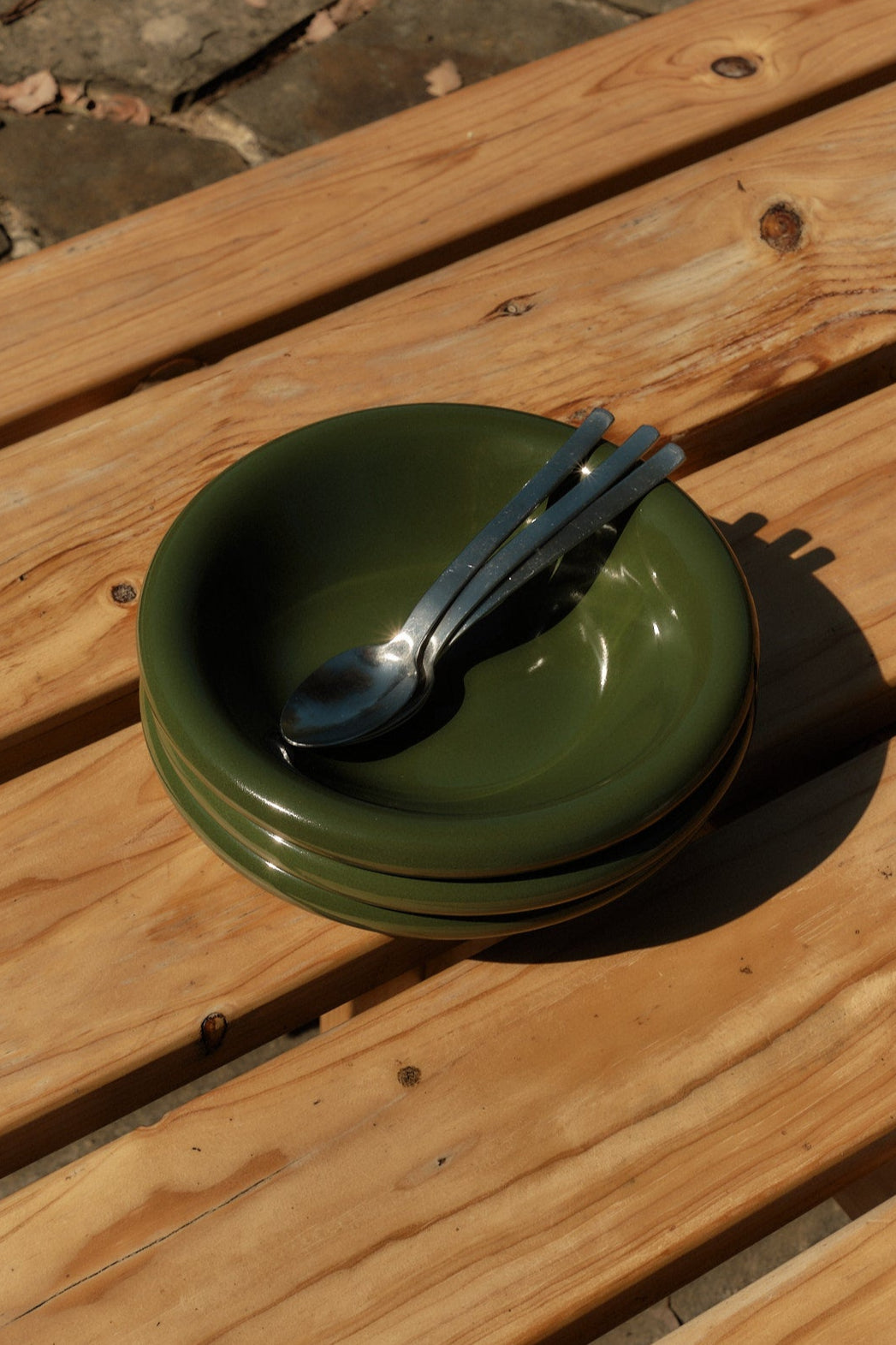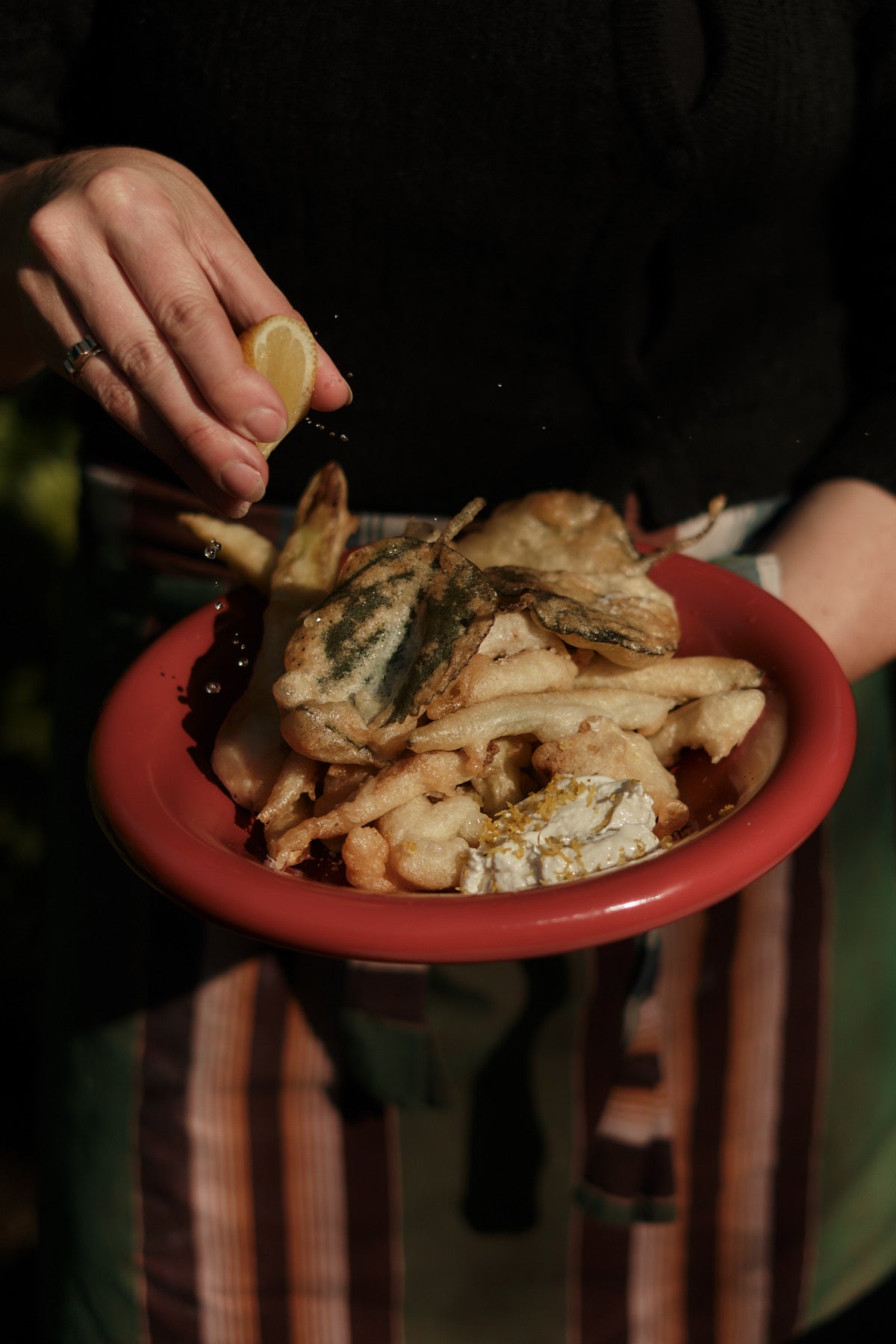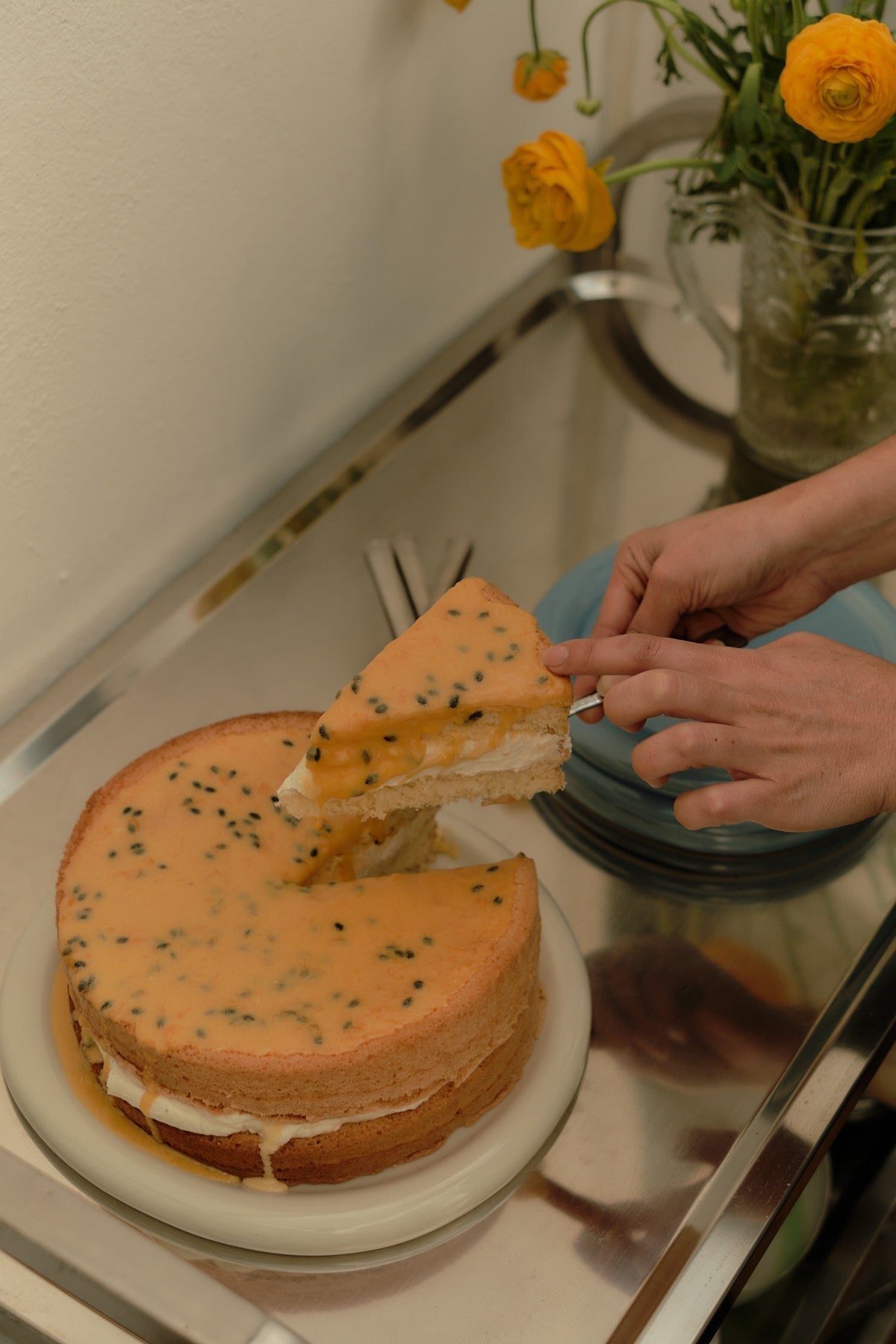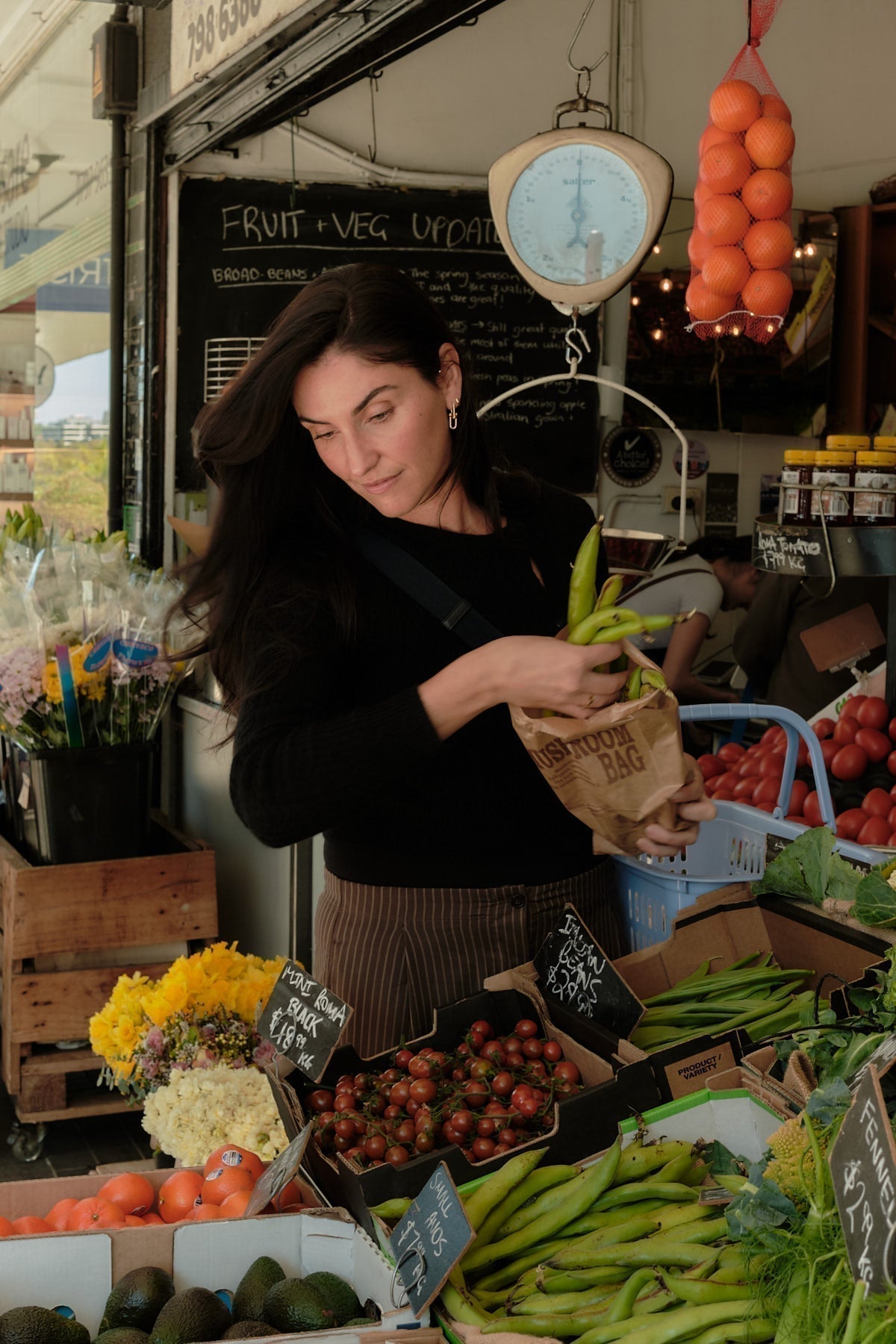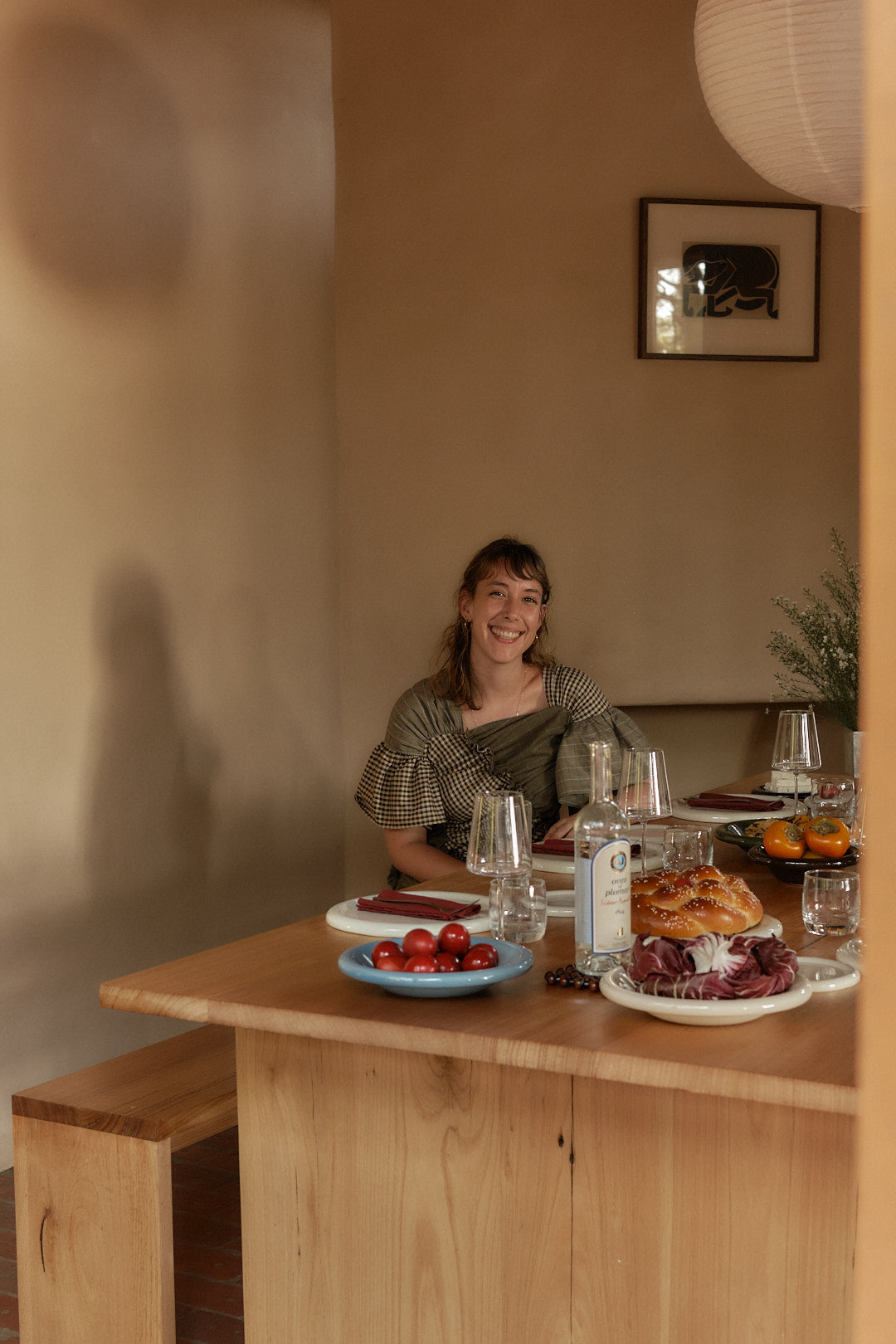
-
RF:Your heritage is a significant through-line for all of your creative endeavours. Where does your family descend from?
-
EM:My family comes from Thessaloniki, which is in mainland Greece. From a very small mountain village about two and a half hours from the city.
-
RF:Thessaloniki, thats up in the northern part of the country, right? Do you have any specific early memories of the land, food, and customs from that region that you find yourself returning to for direction?
-
EM:We only started going to Greece when I was a bit older, in my teens, so my memories of food are actually from my grandparents' house, which is in Brunswick. I feel like, because of that, what I return to for inspiration is the version of Greece they bought over.

We stay connected to Greek culture and traditions through food and the shared meals we have, they also keep us connected to each other. That’s the biggest thing for us.
-
RF:So, food was a big part of how you inherited your sense of Greek culture. Was there a lot of storytelling at your grandparents' table as well?
-
EM:Yeah, we have dinner really regularly with my whole extended family, once a fortnight at least, if not more. My Yiayia and Pappou live a 10-minute walk from where I live, and all my cousins, my aunties, my parents, and my sister live really close together as well. We all go and eat a banquet meal together. We stay connected to Greek culture and traditions through food and the shared meals we have, they also keep us connected to each other. That’s the biggest thing for us. We watch the Greek news when we are there, and there is often a lot of storytelling in terms of my grandparents recalling what it was like for them in Greece before they left. But most of that again comes through food—it's all connected to food memory!

-
RF:We’ve talked a lot about food and family connections to Greece, but can you tell me a little more about the places you’ve worked? You’ve cooked under culinary greats like Brigitte Hafner, Annie Smithers and Ismail Tosun. What idiosyncrasies or philosophies did you pick up on during those times that helped you establish your own cooking style?
-
EM:All three of those chefs have great technical skills and make rustic homestyle food that is executed incredibly well. Between them all, there’s Turkish and Greek food but also French food, mixed European, a lot of Italian food, and a fair bit of Asian too. I really love eating rustic food, and they all taught me different components of how to cook homestyle food well, in a way that was very generous with flavour.
You’ll poke your head over the fence to see next-door neighbours also having a spit, or my Yiayia’s relatives that live on the same street will all come over.
-
RF:It’s already April, can you tell me three words that best describe Easter celebrations within Melbourne’s Greek diaspora?
-
EM:That's really hard... Okay, so the first would be spit. It’s very traditional to have lamb on a spit. We play a game with dyed red eggs. That's very typical of Greek Easter celebrations. What else? I guess, community. Even more so than Christmas in a way. For us, or for me at least, it's the one celebration of the year where I would go to church and see everyone. You’ll poke your head over the fence to see next door neighbours also having a spit, or my Yiayia’s relatives that live on the same street will all come over.

I wanted the story to almost be an archive of that time to present to people. I knew that most of people wouldn't have that experience...
-
RF:Your first cookbook, ‘Ελα’ tells the story of a time living and working in Greece and Turkey. Did you view this project as a way of uncovering and sharing a certain part of your identity with those who couldn’t experience the immediacy of it with you?
-
EM:I had all these journals from that time—notes of all the recipes and things people said to me. I didn't realise when I was doing it how interesting it would be for people later, but I think I made the book as a way of documenting that time, especially because a large part of the book was me returning to my family. Returning home to see the importance of family.
I wanted the story to almost be an archive of that time to present to people. I knew that most people wouldn't have that experience—of going and working overseas in these very foreign places, especially in kitchens. It was a very particular type of work that I wanted to share with people.

-
RF:Can you tell us more about your forthcoming novel? Is there any crossover?
-
EM:It kind of started from some of the writing in the cookbook, actually. The story is of a character from the Greek Australian diaspora who goes back to Greece for the first time. She kind of has a fantasy version of it that's built up in her mind and, once there, she's confronted with the reality of what Greece is actually like. Part of it is set in Australia as well and is about grappling with the Australian identity.
-
RF:I’m looking forward to reading it! Has there been a comfort food or odd snack that has kept you going during the countless hours of writing and through the tedious revision and editing phase?
-
EM:My wholesale fruit and veg supplier, Natoora, sells ‘blueberry seconds’, or ones labeled as green blueberries. They’re very sour, and some are quite underripe. I bought six kilos of them recently and froze them all. I find them the most delicious when frozen, especially at the moment, because it's been a hot summer here. I eat them when I'm writing because they're like tiny tart ice creams that are also kind of a health food, so they feel good for me! Those and drinking a lot of liquorice tea.

-
RF:Yum, they sound like a decadent upgrade from frozen grapes. Lastly, what’s for dinner tonight?
-
EM:Actually, we’re going to my Yiayia and Pappou’s around the corner, and it looks like we are having gigantes, which are white beans cooked in tomato. They’ll make potatoes too, usually cooked in stock with lots of oil, and sometimes with tomato or capsicum. And there will be salad in the middle with feta and pita, and spanakopita that Yiayia makes with leeks inside. So, I’m looking forward to that!





